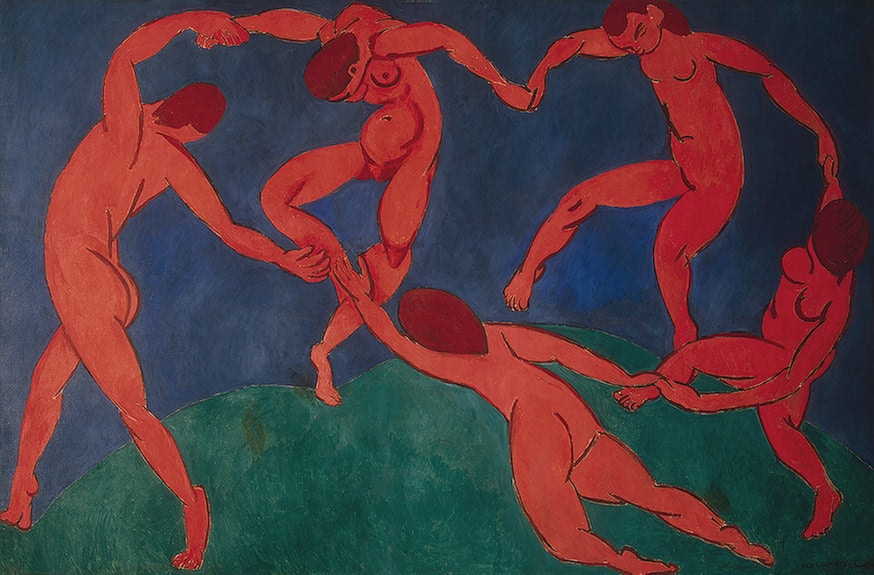
 At 8:30 Sunday night, May 1, President Obama went on television with the news that Osama bin Laden had been killed, his identity verified by DNA testing.
At 8:30 Sunday night, May 1, President Obama went on television with the news that Osama bin Laden had been killed, his identity verified by DNA testing.
I already knew that. Several Twitter messages (tweets), four instant messages and a plain old phone call had come through while I was cooking dinner.
Courtesy of “informed sources” the Fox News website, I also already knew that bin Laden had been dead for a week, killed by an American drone. We’d even had a discussion about how much the Pakistanis hated our drone attacks inside their borders, and had speculated about how this one would play out in the forum of Pakistanis politics.
So we turned on the President’s speech.
Wait. What? Not last week? It was today? No drone? A team of Navy Seals?
After the speech, which gave us the bare framework of information, my daughter and I went online to find out more. Meanwhile the “analysts” on TV told us what Mr. Obama had just finished telling us, without adding a single jot of useful extra information. About three minutes after the President turned on his heel and walked away from the camera, I had a Google map in front of me with a pin locating the compound where the Navy Seal assault had taken place. Also a photo of the police station next door and a lovely panorama of the valley in which Abbottabad sits. And the Twitter stream of a guy who lived nearby who described the attack, without knowing what was going on. Some of this information came courtesy of Reuters, some came from the Al-Jazeera website. Some was the result of clever searching on my part, some my daughter found with her own tools. (I didn’t dare ask!)
In June of 1989, I was in graduate school at UCLA. It was the last week of the quarter, in the middle of the night. We were in a computer lab, and one of my classmates received a torrent of emails forwarded from a friend in Brazil. The Brazilian was receiving messages from an old boyfriend in Finland, who was getting FAXes from a garret in downtown Beijing, where a young man was watching events unfolding in the square below. The messages were translated from Mandarin to Finnish, from Finnish into Portuguese, and from Portuguese into English. In the space of a few minutes. The news? The Chinese government was moving against the demonstrators in Tiananmen Square.
But here’s the thing — no one in the American media knew, yet, that the tanks had finally rolled in Beijing. The Chinese government had frozen all the usual channels of outgoing communication, so this one kid with his pirate fax was perhaps the only eyewitness source in the world for what was happening in the Square. I’d like to think President Bush was better informed than we were, but there’s no reason to be sure of that.
On Sept. 11, 2001, my mother in law awakened us with a phone call at around 6 am with the News. We turned on the television and, like everyone else in the US, watched the same horrible footage, over and over again, while the TV news people struggled to come up with something new to say, new information to impart. To no avail.
Few people remember that Google was virtually useless that day. The already wildly popular search engine had no way to index news sources. Google News didn’t exist yet; it was rushed out almost exactly a year later. Twitter wasn’t even a dream, nor was Facebook or any other sort of social media. TV networks and newspapers had virtually no online presence.
It’s hard even to imagine how things have changed so rapidly. But our experience Sunday evening reminded me of a few things;
* Just because it’s first and from a nominally trustworthy source, doesn’t mean it’s accurate.
* Information you seek out is usually more dependable than information that is fed to you.
* I’ve never been sure what TV “analysts” get paid for.
So, how do you define what’s news ? Here you are at the crossroads….





Be the first to comment